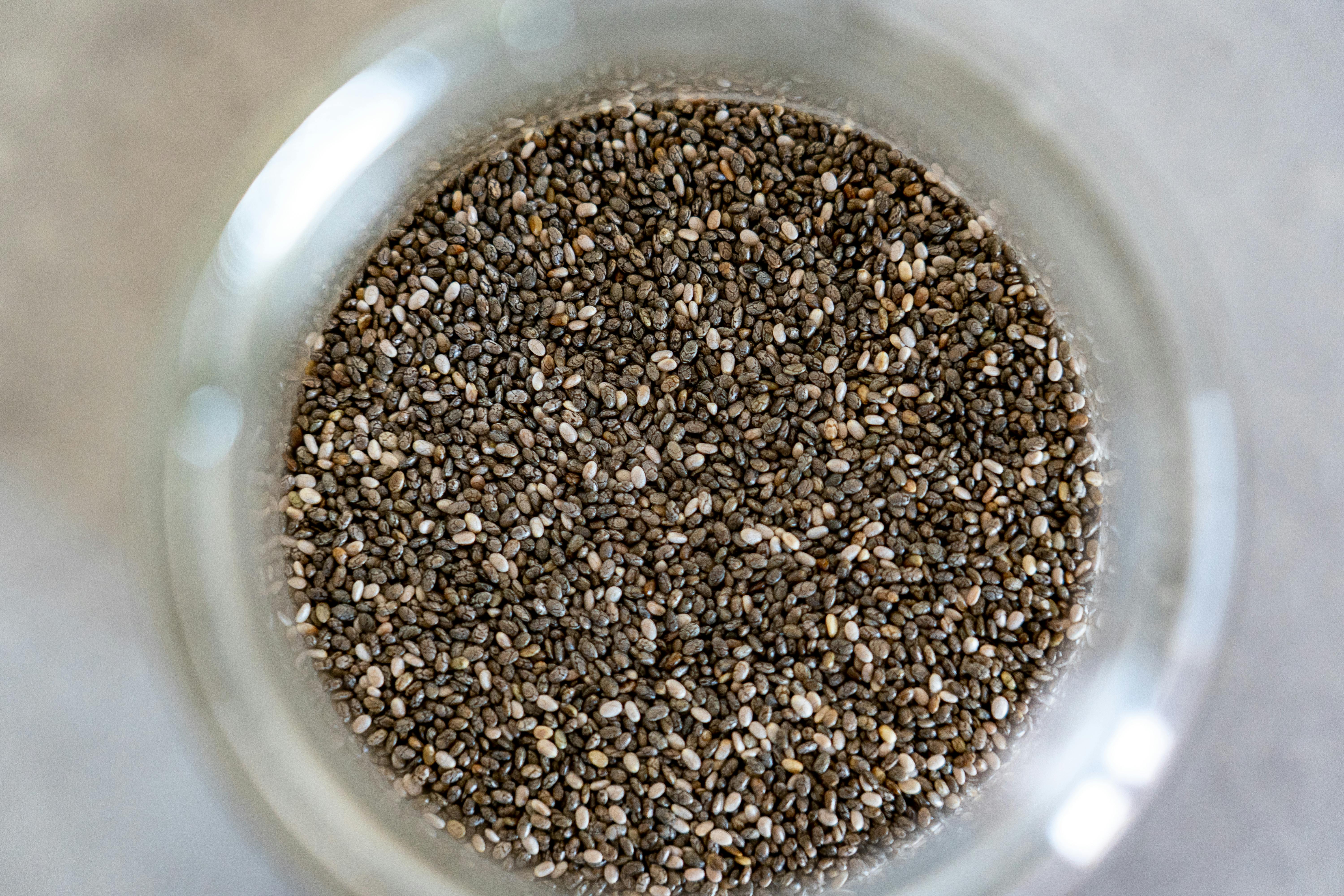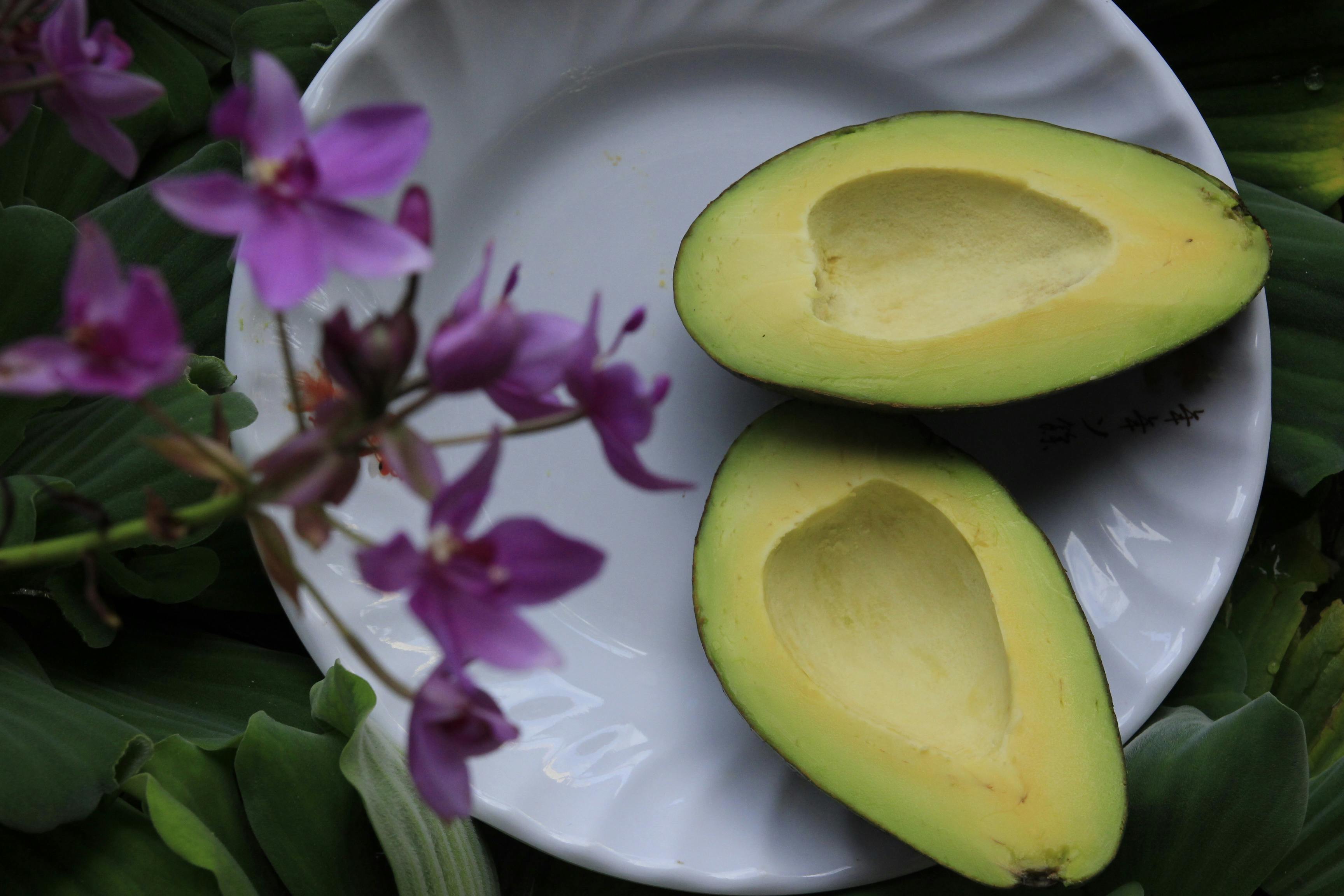Surprising Foods That Keep Dry Skin at Bay
Slathering on creams but still battling tight, flaky, uncomfortable skin? Your bathroom cabinet might be missing the real secret weapon – which is actually hiding in your kitchen! While topical moisturizers provide surface relief, achieving truly hydrated, resilient skin starts from within. The right foods deliver essential fatty acids, barrier-boosting vitamins, and powerful antioxidants directly to your skin cells, helping lock in moisture and promote that elusive dewy glow long-term. Forget temporary fixes. We've gone beyond the obvious "drink more water" advice and expanded our list to uncover 36 surprising foods packed with the specific nutrients needed to combat dryness from the inside out. Ready to eat your way to soft, supple, deeply nourished skin?
1. Chia Seeds: Tiny Powerhouses of Omega-3 Fatty Acids

Chia seeds, though small in size, are mighty in their ability to support skin health. These seeds are packed with omega-3 fatty acids, which are essential for maintaining the skin's lipid barrier. This barrier is crucial for retaining moisture and preventing dryness. Omega-3s also have anti-inflammatory properties, which can soothe irritated skin and reduce redness. In addition to omega-3s, chia seeds are rich in antioxidants, which protect the skin from oxidative stress and premature aging. Incorporating chia seeds into your diet can be as simple as adding them to smoothies, yogurt, or oatmeal, making it easy to reap their skin-nourishing benefits.
2. Avocado: The Creamy Skin Elixir

Avocados are not only a delicious addition to meals but also a potent ally for skin hydration. They are rich in healthy fats, particularly monounsaturated fats, which help to keep the skin supple and moisturized. These fats also aid in the absorption of fat-soluble vitamins such as vitamin E, a powerful antioxidant that protects the skin from damage. Avocados also contain biotin, a B vitamin that promotes healthy skin and hair. Incorporating avocado into your diet can be as simple as spreading it on toast, adding it to salads, or enjoying it in guacamole. Its creamy texture and rich nutrient profile make it a versatile and effective food for combating dryness.
